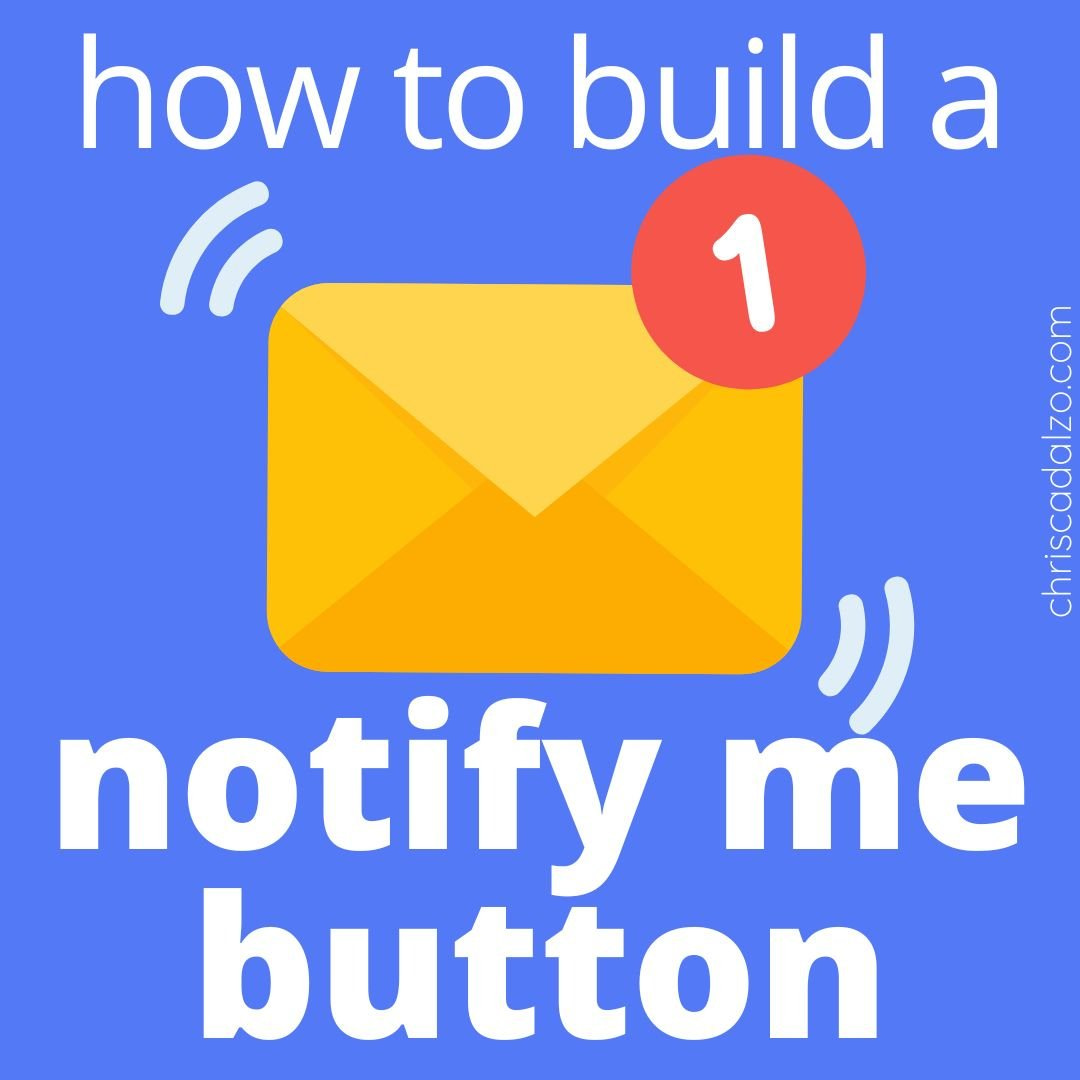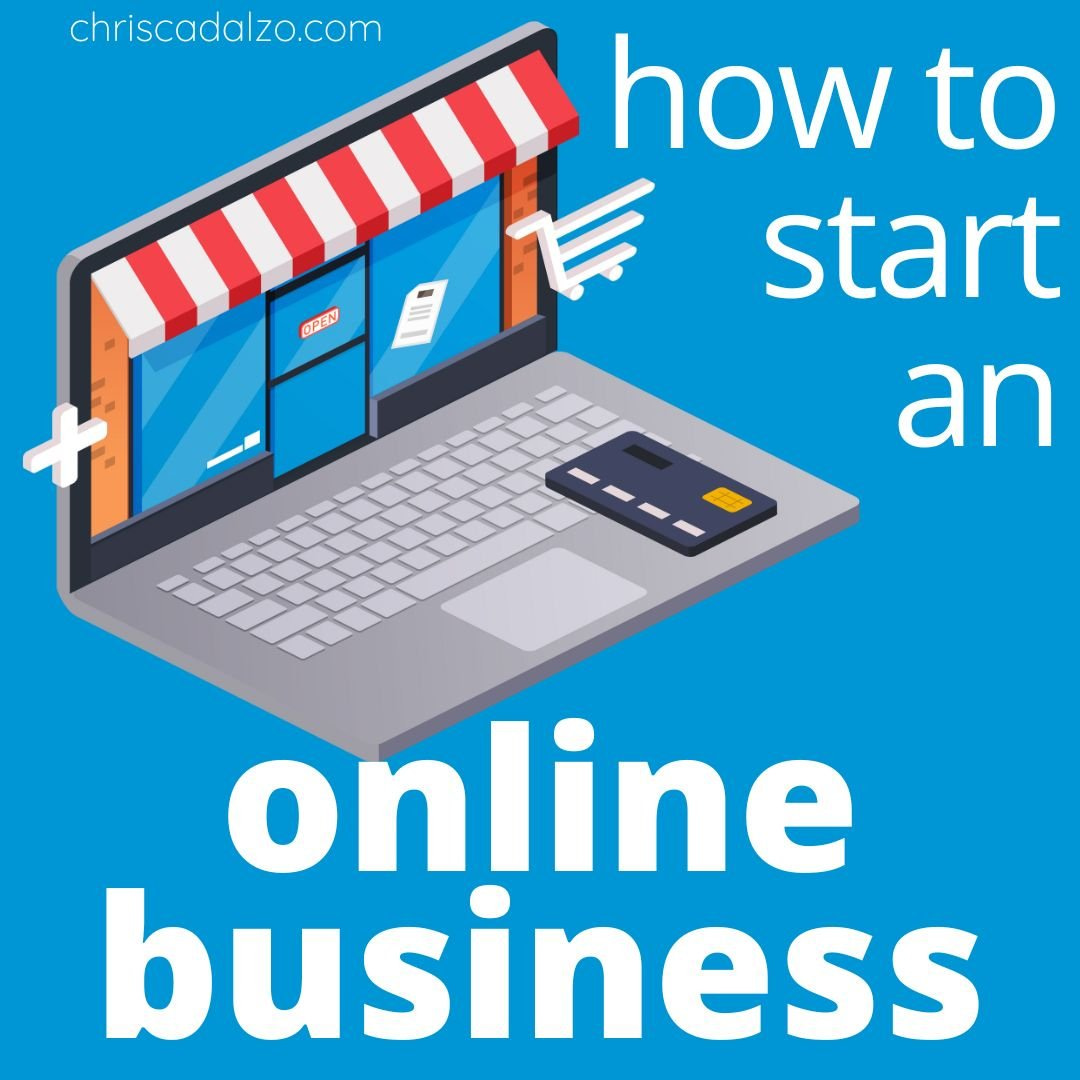DO:
DO make sure they know the platform and theme you’re using.
There are lots of different ways to build a website. Back in the day, we built everything in straight code, in HTML and CSS. Nowadays, it doesn’t really make sense to do that anymore. (Unless you have a specific reason to!) Much of the internet is now built on WordPress or on website builders.
If you want a website built on Shopify or Wix or another website builder, first of all, make sure you know what you’re getting into. Then, make sure you hire a developer who specializes in that platform. I work exclusively with WordPress, and almost exclusively with Divi, because I have found that to be the best combination after years of working as a web developer. I could take on projects on other platforms, and I sometimes do, when clients ask me to. But I’m much faster with Divi & WordPress, because that’s my specialty.
DO ask about your their process.
What you’re looking for here is a balance of structure and flexibility. It’s great to have a freelancer who is flexible and willing to push back deadlines and change things around when you’re not ready to move forward. But you also want someone who has at least some sort of structure to keep you moving forward. A good freelance web developer knows where her clients sometimes get stuck. And they will have ways to help them keep going so that their project gets finished in a reasonable amount of time.
DO ask what they need from you.
Some freelancers can get started with just a logo. Others will have a whole system for collecting everything they need from you first. Find a freelancer that works with your level of organization (or disorganization!). I tend to have a lot of clients who are self-admittedly a little hectic. I truly enjoy interpreting their notes and helping them organize their content. Other freelancers might only want to work with clients who have everything 100% ready to go upfront. One way isn’t necessarily better than the other. It’s just a matter of how you would like to manage your project. If you want to get a little more organized on your own before talking to freelancer, try day 5 of my DIY website challenge, where I help you organize your content.
DO find out if they outsource any of their work, or if they will be doing the work themselves.
There are a LOT of scams out there, and this bait & switch is a big one. An agency uses a successful freelancer’s profile and reviews and success score to phish for clients on Upwork. Clients hire the freelancer based on their profile and success rate, thinking (understandably) that the freelancer will be the one working with them on the project. But, without the client knowing, the agency will pass along that work to cheaper developers, while still charging the successful developer’s rate. They pocket the difference and pay the freelancer a small percentage for letting them use their profile.
I’ve been pressured to be a part of this scam, myself. People have reached out to me, pretending to want to hire me to build their websites. But, insted, what they wanted is for me to participate in this scam with them. The idea is that I would farm out my client work to professionals in developing countries who charge a fraction of what I charge for my work. So I would still communicate with the client and the client would think they are hiring me. But, the work would be done by people on another continent for a much smaller fee. The ‘agency’ that was pressuring me to join this scam would then pocket the difference (YOUR money). And of course only pay me a small percentage to particpate. They even tried to convince me that this would benefit me somehow? NO THANKS.
Make sure you know who will be doing the work. And be sure to discuss if things will be outsourced or not. If possible, get that part in writing in case there’s a dispute later on.
DO find out how they will manage your budget & timeline.
Now for the practical stuff. Your budget and timeline are super important. Make sure your freelancer is aware of them and will staying on track. Ask how they manage budgets and timelines and ask how they communicate their progress. I personally check in with my clients every day that I work on their project. I like to let them know how it’s going every step of the way. If there’s a firm budget and I’m not sure if we’ll get everything done, I always make a priority list and make sure the key pieces are finished first.
DON’T:
DON’T automatically ask them to ‘jump on a call.’
I’ll be honest, I really hate this one. People become freelancers because we want to have freedom in our schedules. Asking us to schedule calls often makes us have to rearrange our whole day. We can get so much more done if we don’t have to stop and get all dressed and ready for a video call. Calls also tend to take up a lot more (unpaid!) time than answering messages or emails does. There have definitely been weeks when I didn’t have time in my schedule to set up a call. But, I could quickly and easily answer some messages instead. It’s the age old ‘this meeting could have been an email’ meme.
Of course, calls are sometimes perfectly fine, like if you are hiring someone for a larger project or if your freelancer asks you to set up a kick off call. Of course, I don’t mind interviewing for a project with a budget of $2500 or higher. But if your budget is lower (or much lower), please consider that you’re asking freelancers to give up their free, unpaid time to interview for a very small project. The ones who are going to want to do that are the ones who don’t have any work (probably because they’re not that great at their job). Most of the time, you can get all the information you need for a smaller project just by asking a few questions via messaging. Plus, most of the time, that’s how you’ll be communicating anyway! So it’s good to see how well people can write and communicate, as well as do their particular jobs.
DON’T assume lower hourly rates mean a lower overall budget.
It’s tempting, I know. It’s so much easier to wrap your head around paying someone $20 and hour than $50 or $70. But consider that someone charging $20 is doing work at the $20/ hour level. And someone charging more is doing work at a higher level, and usually much, much faster.
When I started, I charged, $18/ hour. Now I charge $70 or more. I’m telling you for sure that I get more done in that $70 hour than I ever did in 4 of the $18 hours. I’m way more efficient now. I have a whole library of things I’ve built that I can copy/ paste from to save time. I’ve spent years figuring out the solutions to problems so that now I can fix them in minutes. My point is, ask about the total price instead of the hourly rate. And don’t assume that cheaper hourly rates will lead to lower project costs.
DON’T ask for specific consultation on your situation and site.
If you’re interviewing a freelancer to see if they’re a good fit, focus on asking about their skills. Find out how well the communicate via email and messages, ask about how they stick to budgets and timelines, or ask what their process is. Keep in mind that this is an interview about the freelancer’s skills and not an opportunity for you to have free consulting on your site. Most freelancers will do 15 minute interviews for free, but would charge a lot of money for consultations. Don’t be that person and take advantage, because chances are you’re not going to get the best advice and the freelancer you want won’t want to work with you if you’ve already tried to take advantage of their time.
DON’T forget that the freelancer is also interviewing you and deciding if you’re a good fit for them.
Freelancers, especially ones with 100% job success and a history of positive client reviews, often have multiple potential clients asking for their time at once. I usually have at least 3-4 clients vying for one spot on my calendar. (I mostly get repeat clients, so very rarely even have an opening.) Keep in mind that you’re not entitled to their services and the freelancer may feel like it’s not a good fit. I once had a potential client start vaping on a video call. Another condescendingly told me he was looking for a new ‘web gal.’ I politely told both of them this wasn’t a good fit and hung up with no further discussion. Freelancers know what types of clients they look for and what kinds of people they do or don’t work well with. Don’t assume you’re giving a freelancer a gift by hiring them. It’s a partnership, and your freelancer will be considering if they’d like to work with you in the same way that you’re considering if you’d like to work with them.
Want to work with me to build or refresh your website?



